
Sam Corbet, who is part of our discretionary investment management team, writes our first update for 2023.
As investors, our job is to delve into some of the world’s most interesting businesses, understand the driving factors behind these and make an assessment of what we believe represents an attractive price for exposure to the likely stream of future cash flows. To do this effectively, we often draw on the insights of others to better understand the dynamics of certain industries and what really goes on behind the corporate veneer. So, in our first weekly note of the year, we wanted to share some of the books we read in 2022 that were not only enjoyable but that also helped shape our thinking.
Build by Tony Fadell
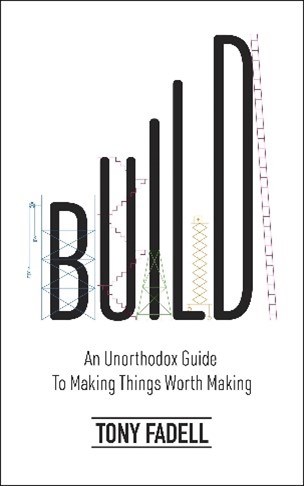
Tony Fadell is an American product engineer responsible for the creation of the iPod and iPhone, among many other accolades. After leaving Apple in 2008, Tony went on to co-found the smart home device company Nest Labs (which was later acquired by Google for $3.2bn). Fadell is uniquely positioned to provide insights on the structural and cultural norms that underpinned the teams he worked with. The book provides invaluable lessons on taking a product from conception to commercialisation and highlights many of the pitfalls astute managers should seek to avoid. Fadell’s emphasis on the importance of people is akin to our own approach to investing where we seek to identify world-class managers who create cultures in which their teams can flourish.
Chip War by Chris Miller
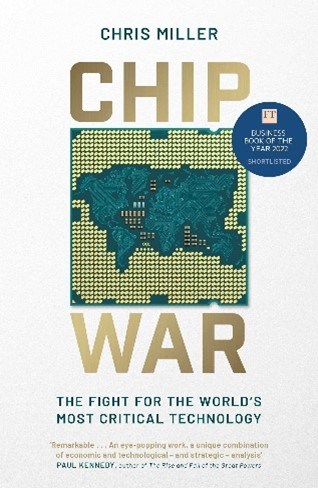
Chip War provides an overview of the history of the semiconductor industry. As economies continue to digitalise, semiconductors will become increasingly prevalent. As investors looking to benefit from clear demand signals, the existence of such a trend is of particular interest to us. At the same time, the space is highly politicised with semiconductor supremacy and military prowess going hand-in-hand. There is a desire from both the US and China to onshore their semiconductor supply chains and this presents both potential opportunities but also numerous risk factors to companies operating in the sector. Geopolitical tensions and the volatility surrounding this makes future cash flows harder to predict. We remain excited about the potential for semiconductor businesses to appear in the Blue Chip portfolio and Miller’s book provides insights into the specific areas we want to better understand.
The Platform Delusion by Jonathan Knee
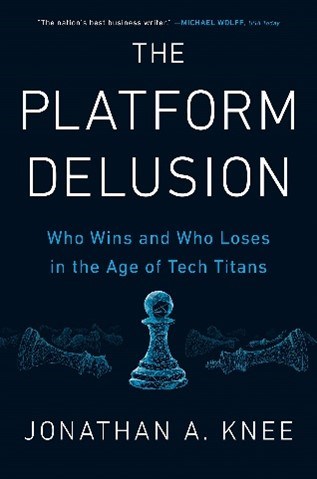
Knee aims to dispel many of the myths surrounding platform businesses. His insights have helped us think deeper about how we identify platforms with deeply embedded competitive advantages. This centres around things like focusing on complexity (platforms centred around the sale of products with a greater number of attributes are harder to establish but result in wider, durable moats) and identifying platforms not beholden to a particularly large buyer or seller. The risk of disintermediation is lower for these many-to-many marketplace’s businesses. These insights will prove useful when assessing platform businesses for future inclusion into the strategy.
Megathreats by Nouriel Roubini
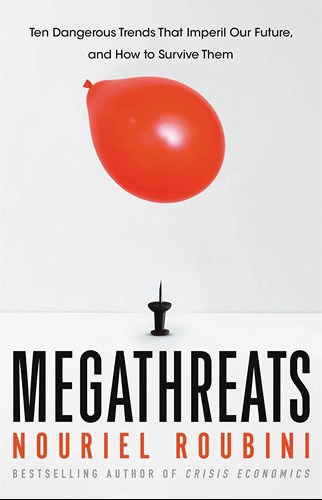
In his new book, Roubini lays out what he perceives to be the 10 major threats facing humanity over the coming decades. Megathreats includes insightful discussion on a number of interesting topics including the end of globalisation, the threat from AI, problems presented by an aging (and peaking) population and the impact of our changing climate. Roubini argues that the fruition of a combination of these threats will result in dystopia and a very challenging period for humanity. At the same time, he provides his thoughts on a pathway to avoid this grim outcome – largely centred around achieving high powered (and sustained) economic growth from catalysts such as breakthroughs in fusion energy. We are constantly thinking about our portfolio companies and their ability to weather changes in long-term trends. Roubini’s discussions provided much food for thought and the opportunity to consider about how our companies might perform when faced with difficult scenarios.
The Metaverse by Matthew Ball
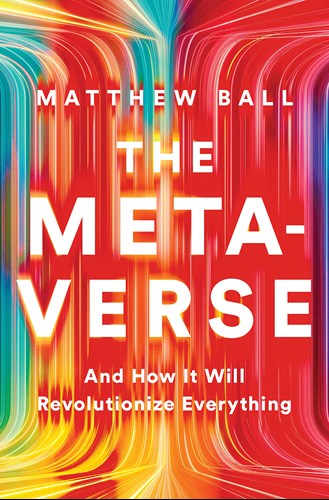
“Metaverse” has become a buzz word, used interchangeably to describe numerous advances in technology that will change how we go about our day-to-day lives. Ball attempts to provide structure by distinctly defining exactly what the metaverse is, enabling us to measure the technological progress required to bring it to fruition. This was useful in critically thinking about some of the limitations that exist and the companies best positioned to overcome these. It also gave us the opportunity to think about how the realisation of the metaverse might impact our portfolio companies (both positively and negatively).
Wishing you all the best for the year ahead!

